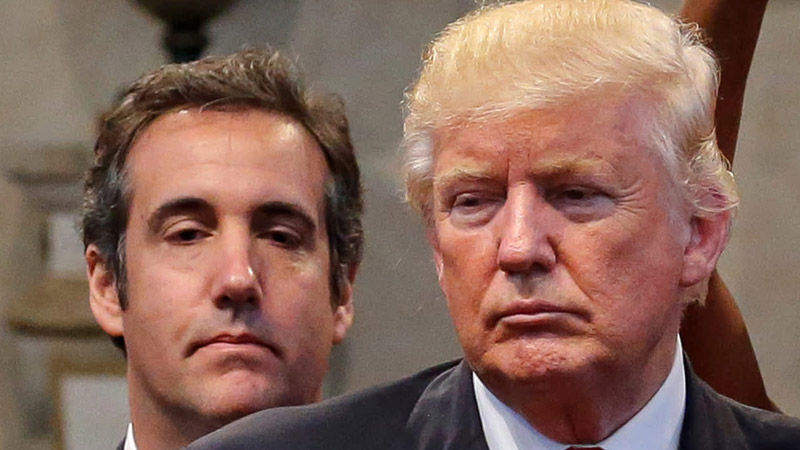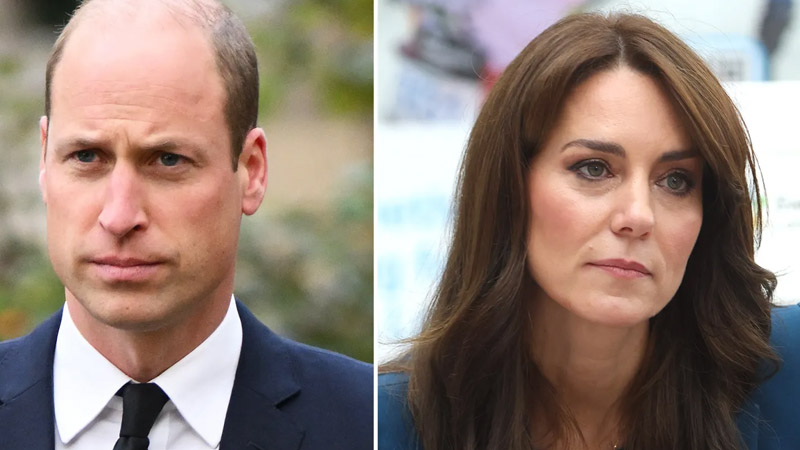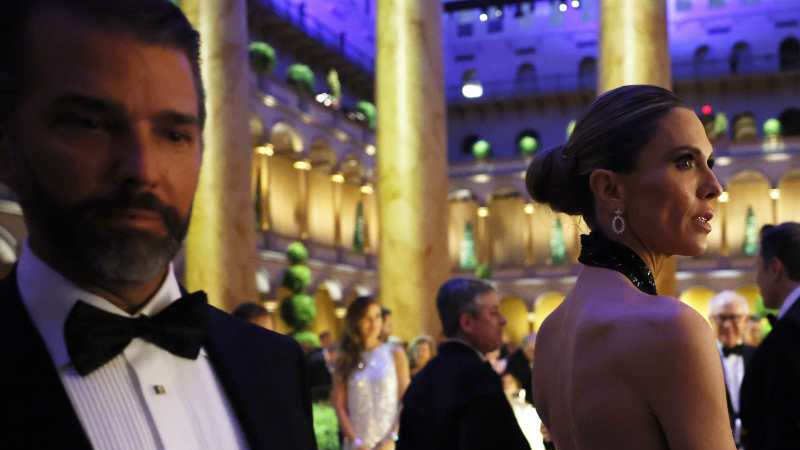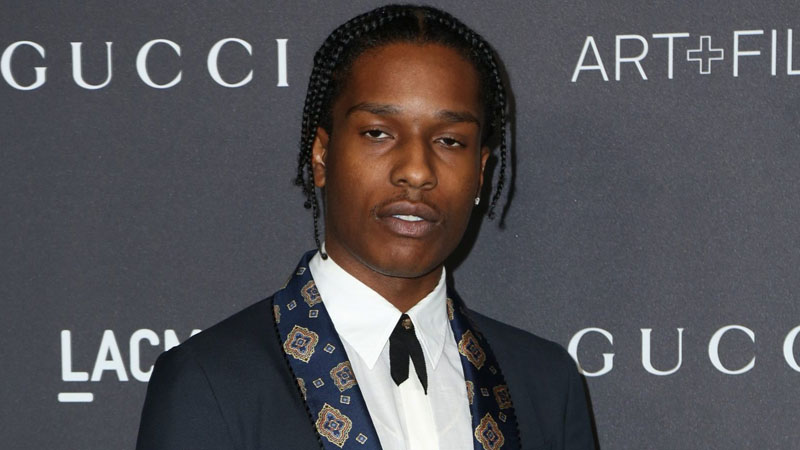“My man, you couldn’t even win over that person. Take the L.” Social Media Weighs In as Trump’s Lawyer Decries Unfair Trial After Felony Conviction

Jonathan Ernst | Reuters
The same evening former President Donald Trump was convicted on felony charges in Manhattan, marking a historic first for a U.S. president, his attorney Todd Blanche took to Fox News to express grievances about the perceived injustice of the trial. Social media users, however, contested Blanche’s claims, offering a chorus of retorts that pointed to a fair legal process and flaws in the defense’s strategy.
Katie Phang, an attorney and MSNBC legal commentator, dismissed Blanche’s complaints as “sour dour grapes.” Matt Separa, a Department of Defense auditor, highlighted the inclusivity of the jury, noting, “One of the jurors literally got news from Truth Social and X only… My man, you couldn’t even win over that person. Take the L.” “Did your client get a fair trial,” asked Fox News’ Jesse Watters, to which Blanche — who often visibly struggled through key points of the trial — said, “No, I don’t think so.”
Paula Chertok, another attorney, argued that Manhattan was the ideal venue for Trump’s trial, given his extensive history in the city. “Not only where his crimes occurred, but where Trump has lived, worked, and played for half a century. Strikes me that New Yorkers are probably the best people to judge Trump,” she wrote.
The critique extended to the defense’s choice of evidence and witnesses. Writer “Polly Sigh” criticized the defense’s decision to deny Trump’s affair with Stormy Daniels and to rely heavily on discrediting Michael Cohen, Trump’s former attorney. She suggested, “Maybe you shouldn’t have called Bob Costello as your star witness or maybe you shouldn’t have claimed that Trump didn’t have sex with Stormy or maybe you shouldn’t have pinned all your hopes on calling Cohen a liar.”
Loyola Law professor Ethan Bearman questioned the substance of Blanche’s fairness claim, proposing, “I’d be curious if Justice Merchan will inquire, in court, of Mr. Blanche to specifically identify what about the trial wasn’t fair, especially the part where he said the judge. I wonder if he would answer differently in front of the judge than here.”
Further commentary focused on Blanche’s admission that Trump was “very involved” in shaping the legal strategy, suggesting this collaboration might explain the defense’s shortcomings. Renato Mariotti, a former federal prosecutor, noted, “That explains a lot,” a sentiment echoed by Randall Eliason, a professor specializing in white-collar crime, who concurred, “I believe it – and it explains a lot.”
As the debates rage online, the implications of Trump’s involvement in his defense strategy and the perceived fairness of the trial continue to stir discussions, spotlighting the complex intersection of law, politics, and public opinion.


